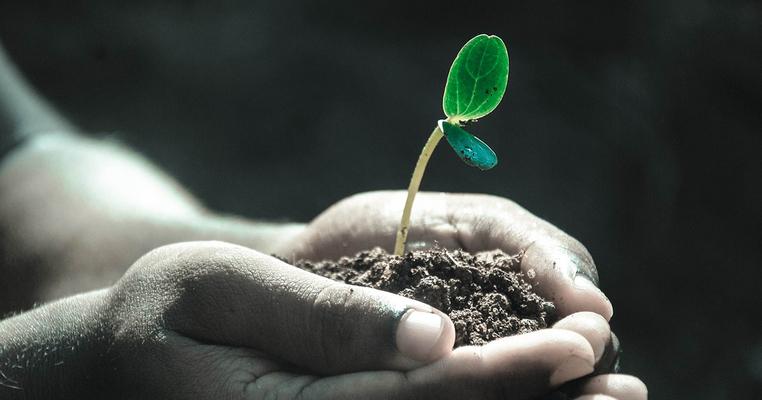
Soil Health is Finally Starting to Get the Attention It Deserves
When it comes to the consequences of climate change, some have a way of seizing the headlines – while others simply don’t. Or at least they didn’t until relatively recently.
With each passing year, we’ve noticed more and more attention being paid to the long-under-discussed relationship between the climate crisis and soil health.
Most recently, it was BBC News in an article titled “Why Soil Damage Could Lead to ‘Runaway’ Climate Change.” Which came on the heels of several others, including Fast Company’s “To Fix the Climate, We Have to Fix Our Soil” and Scientific American’s “Can Soil Microbes Slow Climate Change?”
And thank goodness!
For quite a long time, we’ve been sounding the alarm about the connection between soil health and climate change. We’ve also long understood that declining soil health may be a little less immediately dramatic than, say, the Atlantic Ocean lapping down the streets of Miami or major glaciers calving and collapsing into the sea. But it can be equally impactful and perhaps even more far-reaching.
It’s not the sort of thing that inspires a telethon, but over time the toll of erosion, pollution, losses in organic matter, and other soil impacts of the climate crisis imperil a very basic human need – to eat.
And together with global temperatures increasing steadily at their fastest rates in hundreds of thousands of years, it can mean all the difference in the world when it comes to crop yield.
On the temperature front, think about it this way: What’s the difference between 32 and 33 degrees or 211 and 212 degrees Fahrenheit on water? It either freezes or boils, respectively. Now, consider the farms that depend on reliable seasons and predictable, consistent temperatures and precipitation to grow specific crops in specific regions. And how those same changes, even minor ones, in temperature and rainfall can alter the make up of the soil the crops are meant to grow in.
It's a perfect-storm, interconnected problem with potentially very major consequences.
>> Why Is 1.5 Degrees The Danger Line for Global Warming? <<
But if we keep burning fossil fuels without making any real efforts to cut emissions, we could see surface temperatures on Earth warm by more than 7.2 degrees Fahrenheit (4 degrees Celsius) by the end of this century. Put as plainly as possible, this would transform the planet in ways that undermine its capacity to support a large and thriving human population.
It doesn’t have to happen this way.
And the best news of all is that the same actions you take to keep your soil healthy also protect the planet.
Here are a few things you can do right now in your own backyard:
- Spring into Action: 6 Tips for Climate-Smart Gardening
- ‘Lasagna Gardening’: Grow Healthy Veggies While Taking Climate Action
- Take Climate Action by Transforming Your Lawn with Edible Landscaping
TAKE THE NEXT STEP AND LEARN MORE
If you’re ready to discover more about the climate crisis’ impact on soil health, why it matters so much to the future of agriculture, farm jobs, and food security, and climate-smart techniques that can protect and revitalize the overall health of our soils and help fight climate change, download our free e-book, Right Under Your Feet: Soil Health and the Climate Crisis.
The sustainable, conservation-focused agriculture practices described in Right Under Your Feet: Soil Health and the Climate Crisis have a naturally lower carbon footprint than conventional farming. If you’re employing low- or no-till practices you’re using gas-powered tractors, rototillers, and cultivators far less. Crop rotation and cover cropping not only build healthy soil organic matter, it also acts as a method of carbon sequestration. And of course, thriving plants – the lungs of our planet – breathe in an awful lot of carbon dioxide from the atmosphere during photosynthesis.
A renewed focus on soil health and sustainable gardening/farming is a real win-win!
The bottom line here is simple: If we take care of our soil, it will take care of us.
Download the free e-book today to discover what you can do today.

